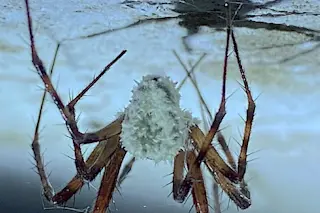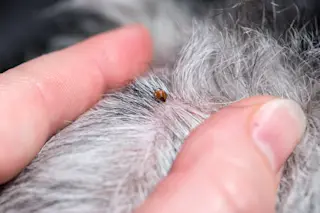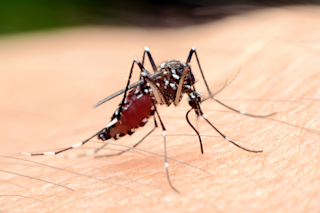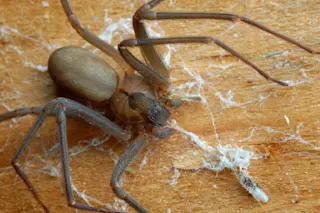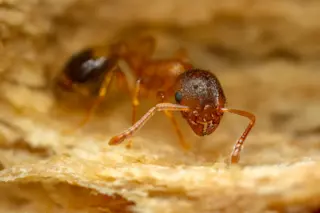Male insects have a tough time of it. Aside from the usual threats of predators, competitors and the odd hungry female, many are plagued by discriminatory parasites intent on killing them, while leaving their female peers unharmed. These "male-killers" are incredibly successful and infect a wide range of insects, who are themselves a very successful group. One of these killers, a bacteria known as Wolbachia, may well be the world's most successful parasite. The male-killers are paragons of selfishness. Their success hinges on successfully infecting females, for whithin egg cells, they find easy passage into the next generation. But they can't infect sperm and as a result, males are useless to them; a reproductive cul-de-sac that they can afford to do away with. At worst, eliminating males from a host population does the parasites no harm and at best, it provides the surviving female siblings with fewer competitors and even ...
Japanese moths hit by male-killing virus
Discover the mystery of male-killers, where parasites like Wolbachia bacteria target male insects, leaving females unharmed.
ByEd Yong
More on Discover
Stay Curious
SubscribeTo The Magazine
Save up to 40% off the cover price when you subscribe to Discover magazine.
Subscribe





